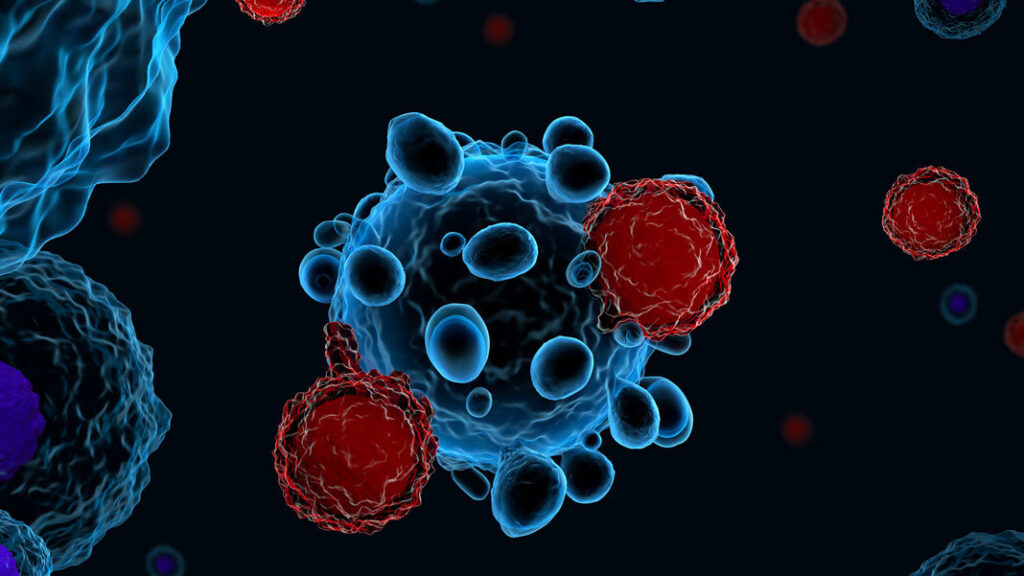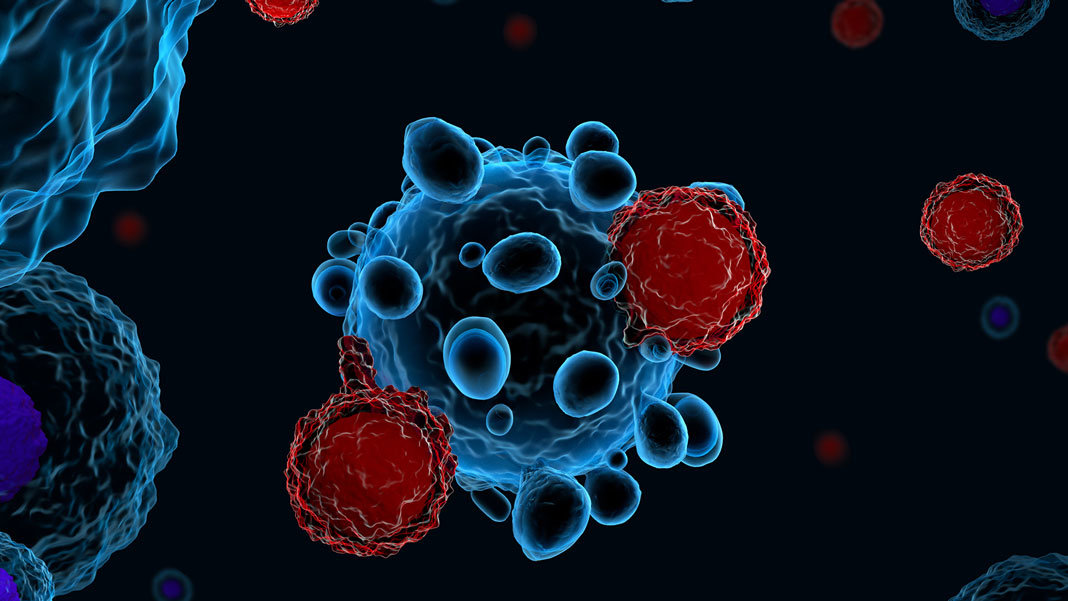
According to the World Health Organization, between 30% and 50% of all cancer cases could have been prevented. While medicine has yet to find a way to prevent the disease, science has made great strides in identifying contributing causes. Of all the news, Eureka’s discovery of immunotherapy targeted to specific types of cancers has caught the attention of many. So far, the clinical trials are promising and give the patients some hope to hold onto. In many other cases, they are linked to habits, which is good news. Millions of people can minimize the chances of getting cancer by changing certain behaviors.
1) Make Healthy Dietary Choices
Diet is critical in cancer prevention because a healthy body can fight off infections, and some foods have been shown to help reduce cancer risks. A nutritious diet also helps reduce the chance of developing a range of other diseases. Doctors suggest eating a variety of fruits and vegetables as well as plant-based food like beans and whole grains.
Supplements, like those available at supplementrelief.com, can also play a part in disease prevention and enhance the benefits of a proper diet. For example, products that support the immune system can also protect against toxins.
2) Avoid Using Tobacco
Despite the well-publicized link between tobacco use and cancer, millions of people still smoke. Per The American Cancer Society, “About 80% of lung cancer deaths and 30% of all cancer deaths are caused by tobacco use.” Each year, smoking and exposure to second-hand smoke are responsible for 1 in 5 American deaths.
3) Exercise and Maintain a Healthy Weight
Even moderate exercise helps prevent a host of diseases, including cancer. According to Rogel Cancer Center, adults should get at least 150 minutes of moderately intense exercise each day. They suggest limiting sedentary activities like watching TV. Even small amounts of exercise, like doing housework or walking short distances, provide benefits.
Exercise also makes it easier to maintain a healthy weight, which is another factor in cancer prevention. Being overweight or obese increases the risk of a variety of cancers, including colon, breast, pancreatic, and kidney cancer.
4) Do Not Engage in Risky Behavior
Cancer and many other medical problems are linked to risky sexual behavior that can cause infections leading to cancer. Practicing safe sex is a simple and effective way to reduce risk. Safe sex means using a condom and limiting the number of partners. The more partners a person has, the higher the chances of contracting a range of conditions, many of which are associated with cancer.
5) Get Critical Vaccinations
Hepatitis vaccinations can help reduce the chances of developing liver cancer. People who have multiple sexual partners or use drugs must be inoculated against Hepatitis B.
HPV, or the human papillomavirus, is a virus that is sexually transmitted and linked to increased risk for genital and cervical cancer. Cancer professionals recommend that boys and girls get HPV vaccinations at age 11 or 12.
6) Don’t Skip Medical Checkups
7) Use Protection in the Sun
When human skin is exposed to the sun’s UV rays for prolonged periods, the risk of developing skin cancer increases. Experts recommend limiting sun exposure if possible and, when outdoors, wearing sunscreen that provides UV protection.
Although there is currently no way to prevent everyone from getting cancer, there are steps that reduce the risks. They include getting regular medical care and vaccinations and avoiding unprotected sun exposure. It is also essential to avoid risky behaviors, quit smoking, exercise, eat a nutritious diet, and maintain a healthy weight.
